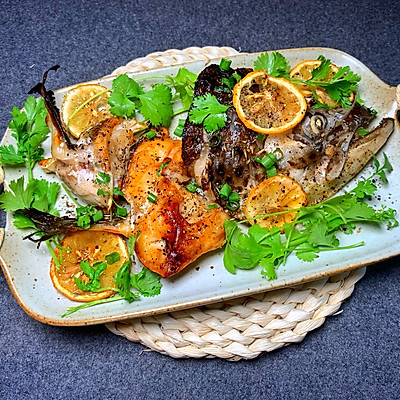Olive oil, a liquid gold with a history as rich as its flavor, has been a culinary cornerstone since ancient times. Embark on an Olive Oil Odyssey as we delve into its ancient roots, cultural significance, and the profound impact this golden elixir has on the world of gastronomy.
 Ancient Roots: Olive Trees as Symbols of Abundance
Ancient Roots: Olive Trees as Symbols of Abundance
The story of olive oil begins in the Mediterranean, where olive trees were not only a source of sustenance but revered symbols of peace, wisdom, and abundance. Ancient civilizations, from the Greeks to the Romans, harnessed the power of the olive for both culinary and ceremonial purposes.
Mediterranean Magic: The Birthplace of Extra Virgin Olive Oil
The Mediterranean region stands as the cradle of extra virgin olive oil, the highest quality and most flavorful form of this liquid gold. Countries like Greece, Italy, and Spain have perfected the art of olive oil production, each boasting distinct varieties that mirror the terroir and climate of their landscapes.
Olive Oil in Culinary Traditions: A Versatile Elixir
Olive oil’s versatility transcends borders and cuisines. From the robust and peppery notes of Tuscan oils to the fruity and mild profiles of Spanish varieties, olive oil enhances the flavors of dishes across the globe. Its ability to both elevate and complement ingredients has made it an indispensable part of culinary traditions.
The Olive Harvest: A Seasonal Celebration
The olive harvest, an age-old tradition, is a time of celebration and community in olive-growing regions. Families and communities gather to handpick the olives, signaling the beginning of a meticulous process that transforms the fruit into liquid gold. Modern olive harvesting techniques blend with ancient practices, ensuring a harmonious balance of tradition and efficiency.
Health and Wellness: The Mediterranean Diet’s Secret Weapon
Beyond its culinary allure, olive oil is celebrated for its health benefits. The Mediterranean diet, renowned for promoting heart health and longevity, relies heavily on the consumption of extra virgin olive oil. Rich in monounsaturated fats and antioxidants, olive oil contributes to a balanced and nutritious lifestyle.
Olive Oil as a Cultural Symbol: Rituals and Ceremonies
Olive oil has transcended its role as a mere ingredient; it is a cultural symbol embedded in rituals and ceremonies. From anointing ceremonies in religious traditions to the symbolic use in Mediterranean weddings, olive oil carries profound cultural significance, signifying purity, blessings, and prosperity.
Sustainable Practices: Nurturing the Olive Grove
As the demand for olive oil grows, sustainable practices become increasingly vital. Olive farmers embrace eco-friendly cultivation methods, from organic farming to water conservation, ensuring the longevity of the olive groves and the preservation of the land.
Global Impact: Olive Oil Beyond the Mediterranean
Olive oil’s influence extends far beyond its Mediterranean origins. It has become a global pantry staple, embraced by chefs, home cooks, and health-conscious consumers worldwide. The emergence of olive oil-producing regions in countries like Australia and the United States speaks to its universal appeal.
Culinary Innovation: Olive Oil in the Modern Kitchen
In the modern kitchen, olive oil is not just a cooking medium; it’s a tool for culinary innovation. Chefs experiment with infused olive oils, marrying the liquid gold with herbs, spices, and even fruits to create a symphony of flavors that elevate dishes to new heights.
In conclusion, the Olive Oil Odyssey is a journey through time and taste, revealing the enduring legacy of an ancient elixir that continues to captivate palates and hearts around the world. Whether drizzled over a salad, used to sauté vegetables, or enjoyed with a crusty loaf of bread, olive oil is more than a condiment—it’s a celebration of history, culture, and the timeless connection between the earth and our tables.









